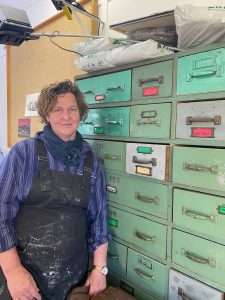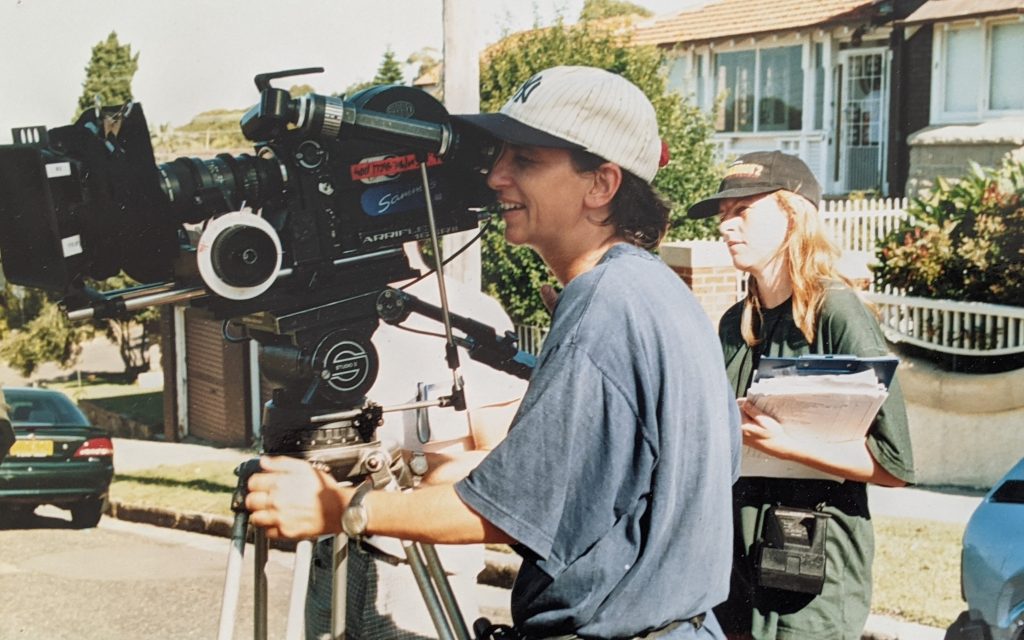Unions ACT welcomes push to close pay gap
By GREG CHAMBERLAIN
Canberra’s peak union body yesterday (17 Mar 2010) welcomed the news that the Australian Council of Trade Unions will make pay equity between men and women a campaign priority this year. The ACTU has endorsed a report that puts pay equity at the top of the union priority list in the lead-up to the federal election.
The report says that, on average, women in full-time work are paid 17 per cent less than men.
“It’s quite a major gap and the fact that it’s stayed static or even gotten worse since 1985 is just unacceptable,” Unions ACT spokesperson Tim McCann said. “It needs to be front and centre on the agenda.”
Mr McCann said that closing the pay gap was critical to ensuring the ongoing viability of the region’s social services, a sector dominated by female employees. This was because governments often undervalued the contribution of the community sector when tendering for the delivery of social services. “Retention and recruitment is basically at a crisis level in the community sector,” Mr McCann said. “A key challenge is getting resources from the government to support the fair rate of pay for workers in that sector.”
WomenSpeak project coordinator Luara Ferracioli also welcomed the move. Ms Ferracioli is the co-author of the report Young Women in Low Paid Employment: Issues and Experiences within the content of the ‘Fair Work’ agenda, launched in Canberra this month to coincide with International Women’s Day.
Ms Ferracioli said that the pay gap is even more pronounced in certain low-paid sectors such as retail, hospitality and care.
“The 17 per cent pay gap only relates to full-time work,” Ms Ferracioli said. “Where it comes to lower paid work, casual work and part-time work women can earn 66 per cent of what men earn for the same work.”
Ms Ferracioli believed that in addition to pushing for regulatory reform, the ACTU should seek to bring about a “cultural shift” in the workplace. “My suspicion is that if we focus on the legislation, not much will change because there are already a range of laws that should address that issue,” Ms Ferracioli said. “The most important thing is to focus on a cultural shift and empower women to challenge low pay, to not accept the status quo in which they’re earning the same as men for the same work.”
The ACTU will also seek improvements in paid paternal leave and flexible work arrangements.





Be the first to comment!